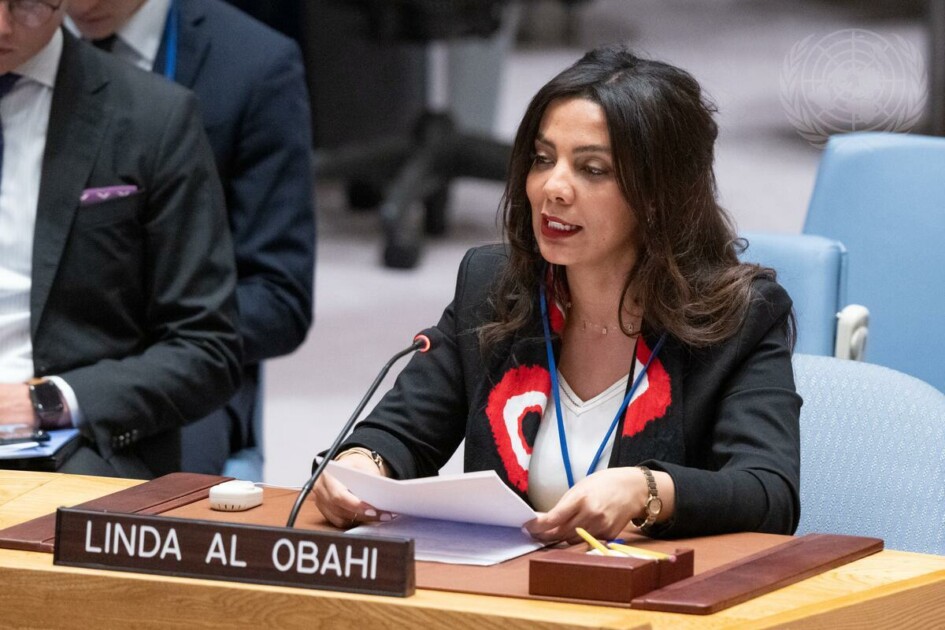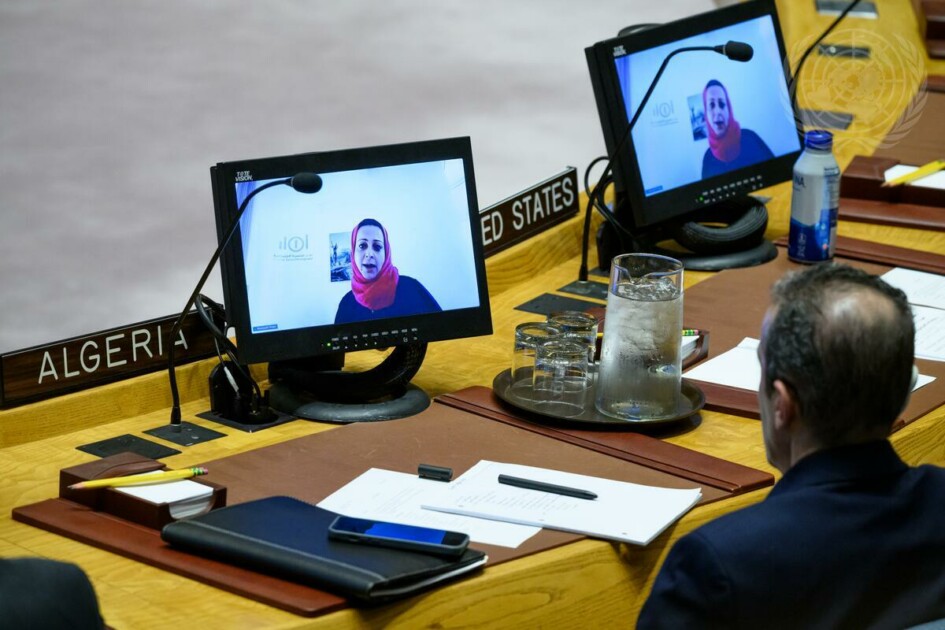Yemen
Yemen
Current and Past Recommendations to the UN Security Council (Monthly Action Points)
The Security Council’s discussions on the situation in Yemen have historically failed to reflect critical gender dimensions, despite multiple meetings of the Security Council IEG on WPS (S/2017/627, S/2017/1040, S/2019/253) and briefings by civil society in 2017, 2018, 2019 and 2020. The Council should consider the recommendations brought forward by the report of the Group of Eminent Experts (GEE) and by the Panel of Experts. These recommendations call for accountability for gross violations of human rights and women’s rights, and further call on states, including some Council members and their allies, to cease arms transfers and other support to the conflict parties, and to comply with their obligations under international humanitarian law and the Arms Trade Treaty (ATT). Ongoing violence, including the recent escalation in Al-Hudaydah, the explosion at the airport in Aden, and restrictions imposed by authorities, has undermined humanitarian actors’ ability to provide necessary assistance. This violence, combined with humanitarian diversion, donors’ failure to meet aid obligations, ongoing blockages of vital supplies, and the projected humanitarian impact of the recent designation of the Houthis as a terrorist group, moves millions of Yemenis closer to starvation. Council members must call for the reversal of the designation as a matter of urgency to ensure lifesaving humanitarian aid, as well as to ensure the broader peace process is not undermined. In its discussion, the Council should focus on upholding and supporting a sustainable and nationwide ceasefire, in line with resolution 2532 (2020), that would support viable conditions for protecting civilians, including women, and lead to a resumption of peace negotiations. The Council must address the recent violations against women by the Houthis, including the ban on contraceptives and the recent alleged accusation of the Houthis preventing women from working in public spaces. Further, Council members should support the #NoWomenNoGovernment Campaign and denounce the full exclusion of women from the new government formed last December 2020, which marks the first complete exclusion of women in the last two decades, and which is not in line with the national dialogue outcomes. It is important for Council members to continue to emphasize the necessity of women’s full, equal and meaningful participation in peace and political processes, ensuring no less than the 30% quota of women in all processes as a matter of urgency. The peace consultations led by the UN on the issue of prisoners of war continue to be held without any representation of women. The Council should also support the Riyadh peace agreement signed in November 2019 and prioritize women’s calls to relocate military camps and depots from cities. The international community must support Yemen’s NAP on WPS and ensure full funding for its implementation, including by supporting diverse women’s groups, while taking into consideration recommendations brought forward by civil society organizations to strengthen the NAP. Finally, the Council would benefit from appointing a gender expert in the Panel of Experts to strengthen GBV reporting.
Relevant Resources








